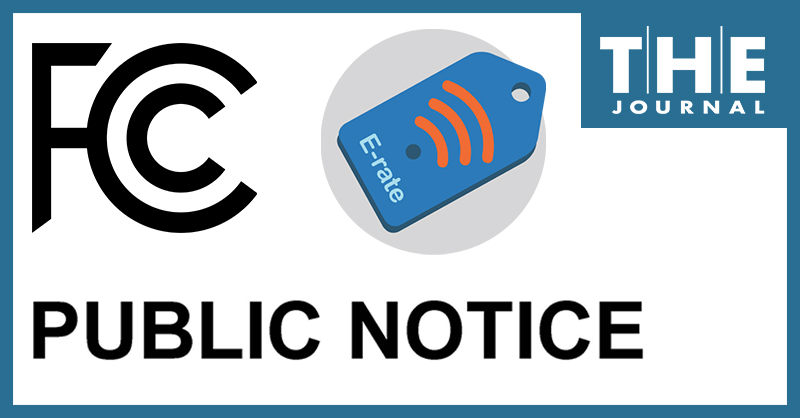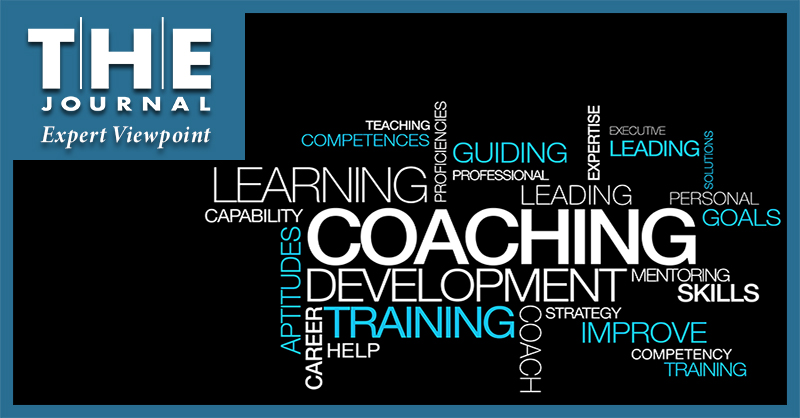
The Federal Communications Commission’s Wireline Competition Bureau announced Wednesday that it is considering expanding the E-Rate eligible services list to include “advanced or next-generation firewalls and services, as well as other network security services,” and is seeking public comment from stakeholders now through Feb. 13, 2023, with reply comments accepted through March 30, 2023.

The industrial model of education seems worth dismantling; but in the push to increase creativity and individual expression, Silicon Valley has replaced Detroit as the reference point for the workplace we are preparing students for: “move fast and break things,” “hustle and grind,” emphases on hyper-success, hyper-creativity, and hyper-performance. Neither model will suffice if we want to change the world for the better.
Two U.S. senators have announced proposed legislation that would allow K–12 school districts to seek direct federal funding for comprehensive student mental health and suicide prevent programs from the Substance Abuse and Mental Health Services Administration.
Education-equity advocacy nonprofit Stand for Children has released a new national survey of teachers that finds that 3 in 10 teachers are considering leaving the profession at the end of this school year, and more than a third of the 2,000 K–12 educators surveyed cited as a reason new state laws restricting classroom discussions on race, gender, and sexuality.
An analysis by Future-Ed found that most K-12 districts are spending at least some portion of their federal relief funding in a few categories: hiring or paying raises or bonuses to teachers and counselors; running summer learning programs; and upgrades tied to heating, ventilation and air conditioning.
THE Journal reached out to district technology and IT leaders, school leaders and teachers to find out what they expect to see in the new year.
Nonprofit K–12 research firm NWEA on Tuesday released a new study that illustrates how the COVID-19 pandemic has disrupted student progress — and how it has disproportionately impacted students of color and students in high-poverty schools.
A new STEM teaching brief offers guidance on dismantling institutional and system racism in the K-12 science classroom. Published by the Institute for Science + Math Education at the University of Washington College of Education, the short report pointed out that teachers play a big role in changing the "racist legacies of STEM and schooling," through a combination of "examining [their] own prejudices" and embedding racial justice into their instructional practices.
Two federal agencies have released a new COVID-19 dashboard to publicize how the virus is hitting K-12 schools. The new dashboard, produced by the U.S. Department of Education and Centers for Disease Control and Prevention (CDC), aggregates data on pediatric COVID-19 cases, youth vaccination rates and numbers on schools that are operating in-person, hybrid or remote.
SETDA, a membership association of U.S. state and territorial educational technology leaders, honored three individuals for their contributions to the use and support of technology in K-12 education.